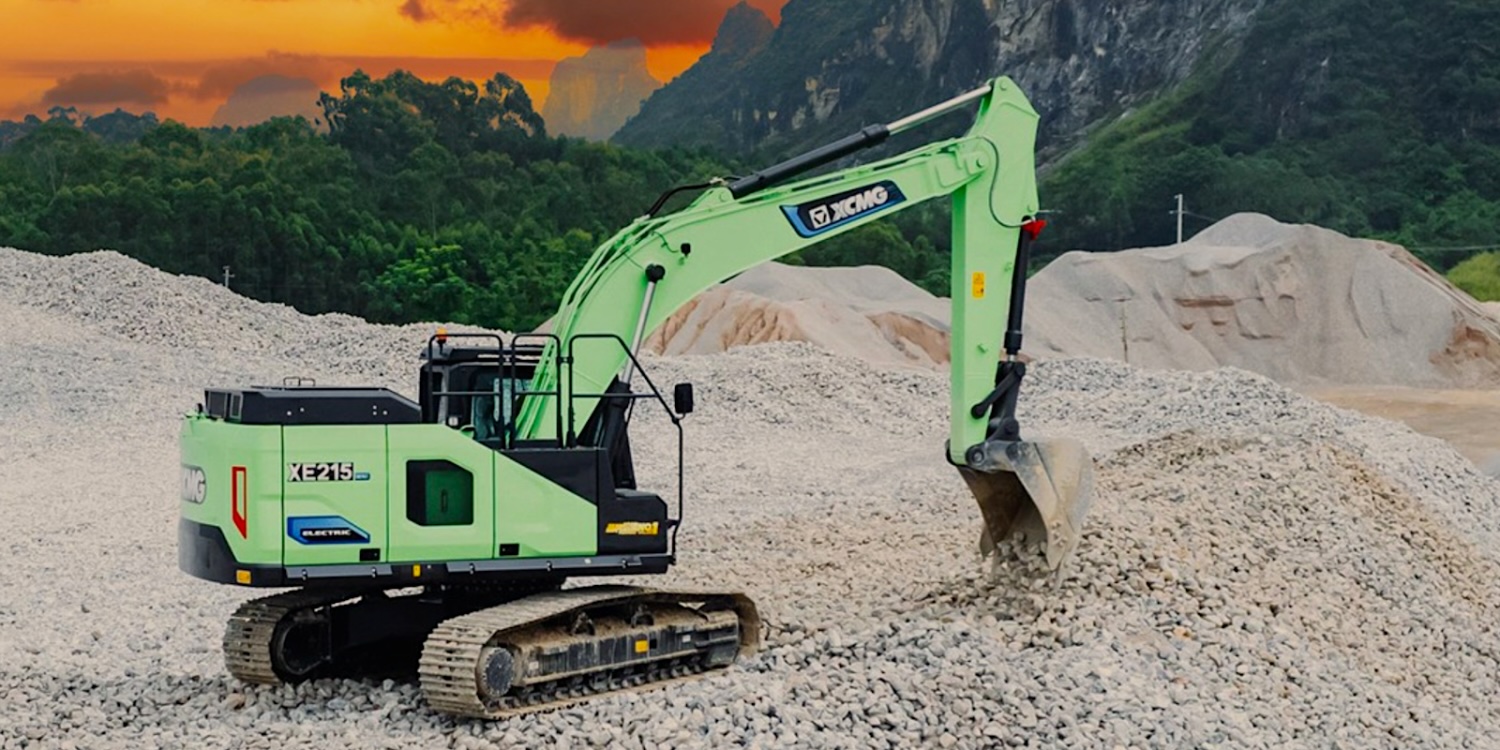
The Application of Lithium-Ion Batteries in Electric Excavators
The integration of lithium-ion battery technology is the cornerstone of the modern electric excavator, transforming it from a mere diesel replacement into a superior, high-performance machine. It represents a systemic shift in power, efficiency, and operational capability.
Core Advantages Enabled by Lithium-Ion Batteries
1. Zero Emissions and Environmental Leadership
-Zero On-Site Emissions: Completely eliminates exhaust emissions—including particulate matter (PM) and nitrogen oxides (NOx)—making it indispensable for tunnels, indoor demolition, and urban construction sites with strict air quality requirements.
-Lifecycle Carbon Reduction: When charged with renewable energy, it achieves a near-zero carbon footprint, aligning with global carbon neutrality goals.
2. Significant Economic Benefits
-Drastically Lower Energy Costs: Electricity is far cheaper than diesel, typically reducing energy costs by 50-70% per operating hour.
-Radically Reduced Maintenance: The elimination of the diesel engine, along with its associated components (engine oil, filters, fuel injection, exhaust after-treatment), leads to a dramatic drop in maintenance costs and downtime.
3. Enhanced Performance and Efficiency
-Regenerative Braking: A key differentiator. The electric motor acts as a generator during boom lowering and swing braking, converting kinetic energy into electricity to recharge the battery. This recovers otherwise wasted energy, improving overall efficiency by up to 25%.
-Instantaneous Torque: Electric motors provide maximum torque immediately, resulting in faster, more powerful, and smoother digging and lifting cycles.
-Precision Control: Advanced electronic controls allow for millisecond-level adjustments to hydraulic flow, enabling exceptionally smooth and precise movements for fine grading and finishing work.
4. Quiet Operation
The near-silent operation of the electric powertrain permits work in noise-sensitive areas (e.g., residential zones, hospitals, at night) without disturbance, effectively extending viable working hours.
Technical Considerations and Implementation
Battery Pack Specifications:
-High Energy Density: Provides sufficient capacity to power a full standard shift (typically 6-8 hours) on a single charge.
-High Power Density: Delivers the high current needed for peak power demands during intense digging operations.
-Robustness and Long Cycle Life: Designed to withstand thousands of charge cycles, heavy vibration, and harsh environmental conditions.
-Intelligent Battery Management System (BMS): Critical for safety and longevity. The BMS manages cell balancing, thermal regulation, state-of-charge monitoring, and protects against over-charging or over-discharging.
Primary Configurations:
1. Pure Battery-Electric Excavators:
-Small to Medium Tonnage (1-20 tons): The most common application. These machines are highly mobile and perfect for municipal, landscaping, and general construction work. Charging during off-peak night hours maximizes cost savings.
-Large Tonnage: Emerging in the market for specific, environmentally sensitive applications, though high battery cost and energy consumption remain challenges.
2.Plug-In Hybrid Excavators:
Utilizes a smaller lithium-ion battery as the primary power source, supplemented by a compact diesel generator to extend range and alleviate range anxiety—a transitional solution towards full electrification.
Ideal Application Scenarios
-Urban Municipal Engineering: Road maintenance, utility piping, and metro construction.
-Tunnel and Indoor Projects: Safe operation in confined spaces with no fumes and low noise.
-Mining and Quarries: Piloted for fixed operations, often using battery-swapping or fast-charging solutions.
-Environmentally Sensitive Zones: Work near nature reserves, hospitals, and schools where minimizing ecological impact is paramount.



